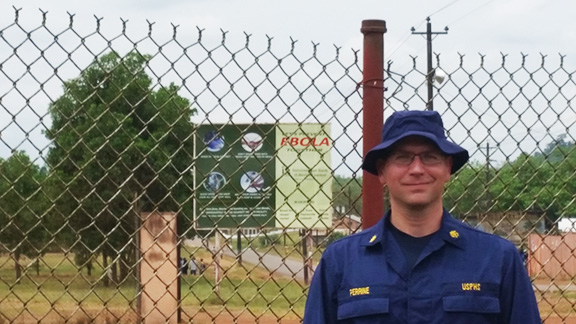IMAGE OF THE WEEK
GOOD NEWS
- Andrew Homka accepted a full time GIS Analyst Job offer with TerraSim in Pittsburgh, starting in late May.
- Andrew Carleton is a co-author (with colleagues in France and Norway) on a recently-accepted article titled “Polar-low tracks over the Nordic Seas: A 14-winter climatic analysis.” The article will be published in the European/Swedish geophysical journal Tellus, Series A.
- Peter Koby passed his doctoral comprehensive exams last week.
NEWS
No Coffee Hour March 6 or March 13 due to Spring Break
Malini Foundation Summer program
Last summer 11 Penn State students travelled to Sri Lanka on a cultural immersion and service-learning program organized by PSU alumna Valerie Handunge, founder of the Malini Foundation. Their lives were changed by the experience: https://www.youtube.com/watch?v=PygxoH07WwY. The Global Fellows Program focuses on community development and the complex social and cultural issues impacting women and girls in developing countries like Sri Lanka. Through a two-week trip or a four-week internship, students are provided with real-world field experiences, interaction with thought leaders and social entrepreneurs, and multidisciplinary engagement, supplemented through an informed pre- and post-visit curriculum. We seek to provide students insights into the operations of large international non-profits as well as smaller grassroots organizations in Sri Lanka. Students may come from diverse academic backgrounds with two things in common – a passion for humanitarian causes and the desire to develop a global-minded, entrepreneurial perspective. There are a variety of ways to receiving funding for this experience. Please contact Sharmila Sandirasegarane at svs5568@psu.edu for further details and information on the programs and Foundation. To apply, please follow this link: http://goo.gl/forms/JlfrnbM9Hi. Applications are due on March 6.
The Knowledge, London’s Legendary Taxi-Driver Test, Puts Up a Fight in the Age of GPS
The examination to become a London cabby is possibly the most difficult test in the world — demanding years of study to memorize the labyrinthine city’s 25,000 streets and any business or landmark on them. As GPS and Uber imperil this tradition, is there an argument for learning as an end in itself?
Recently (or soon to be) published
Roth, Robert E.; Ross, Kevin S.; MacEachren, Alan M. 2015. “User-Centered Design for Interactive Maps: A Case Study in Crime Analysis.” ISPRS Int. J. Geo-Inf. 4, no. 1: 262-301. doi:10.3390/ijgi4010262
In this paper, we address the topic of user-centered design (UCD) for cartography, GIScience, and visual analytics. Interactive maps are ubiquitous in modern society, yet they often fail to “work” as they could or should. UCD describes the process of ensuring interface success—map-based or otherwise—by gathering input and feedback from target users throughout the design and development of the interface. We contribute to the expanding literature on UCD for interactive maps in two ways. First, we synthesize core concepts on UCD from cartography and related fields, as well as offer new ideas, in order to organize existing frameworks and recommendations regarding the UCD of interactive maps. Second, we report on a case study UCD process for GeoVISTA CrimeViz, an interactive and web-based mapping application supporting visual analytics of criminal activity in space and time.

